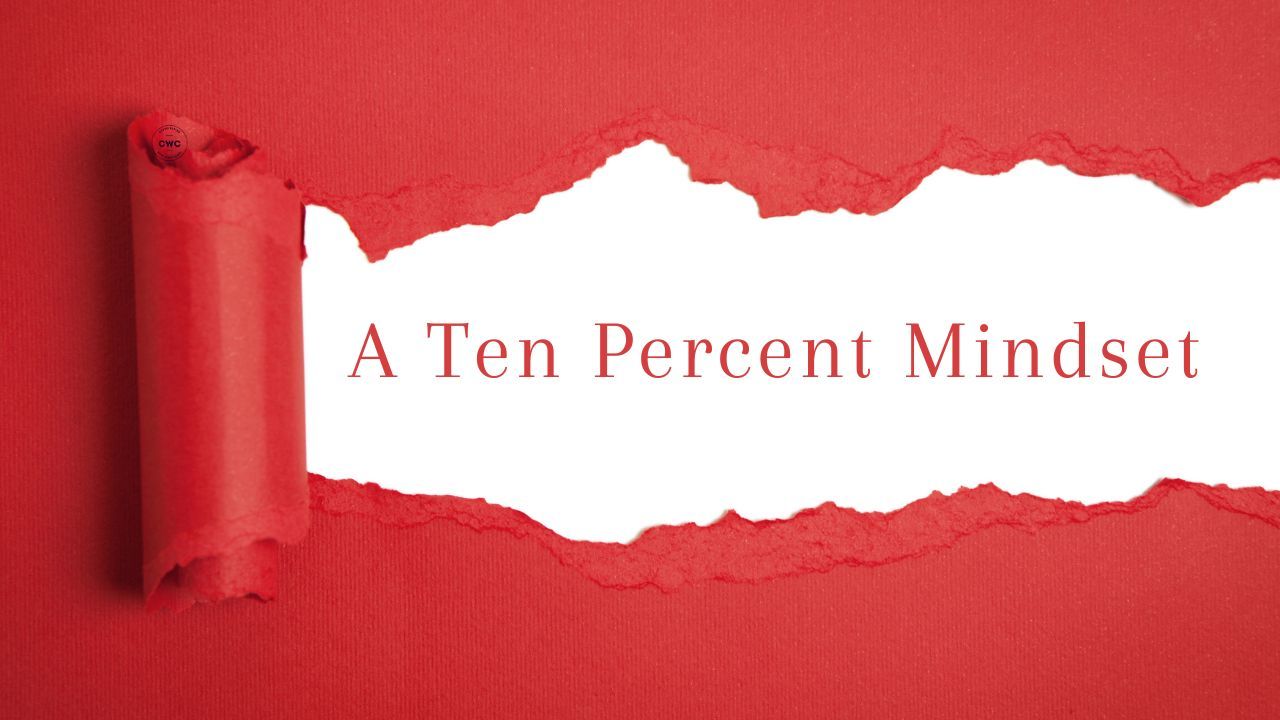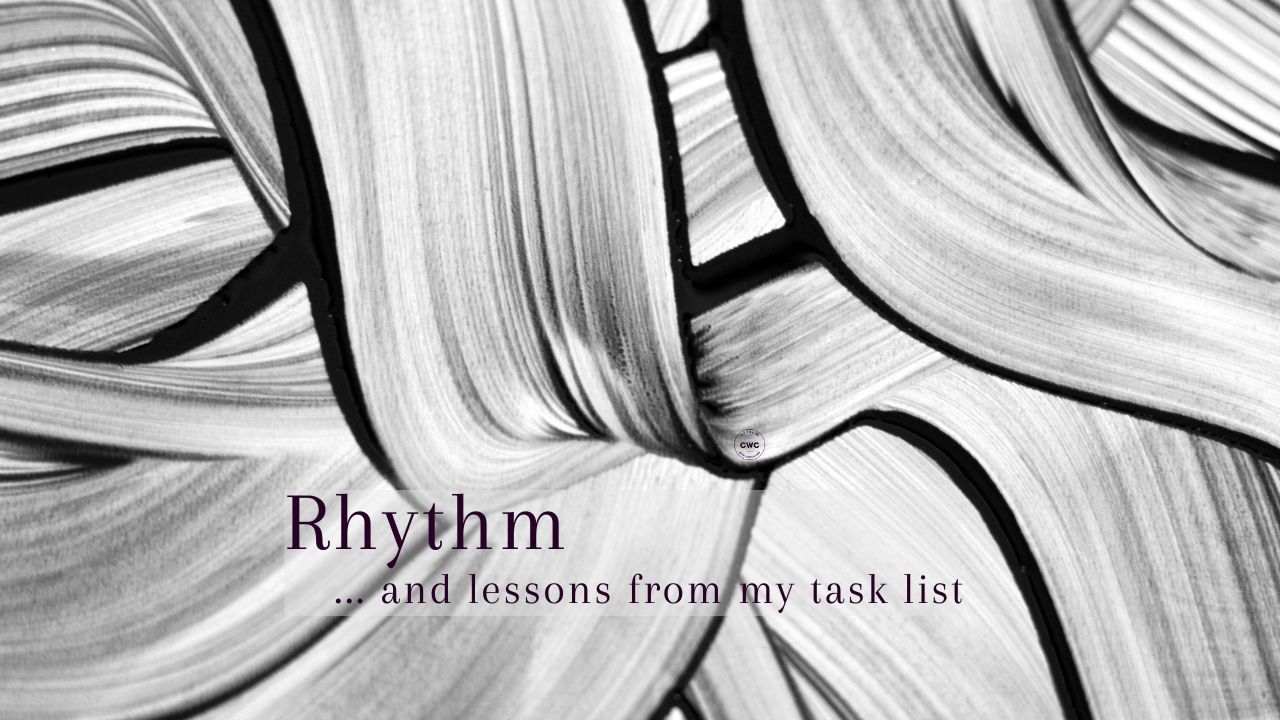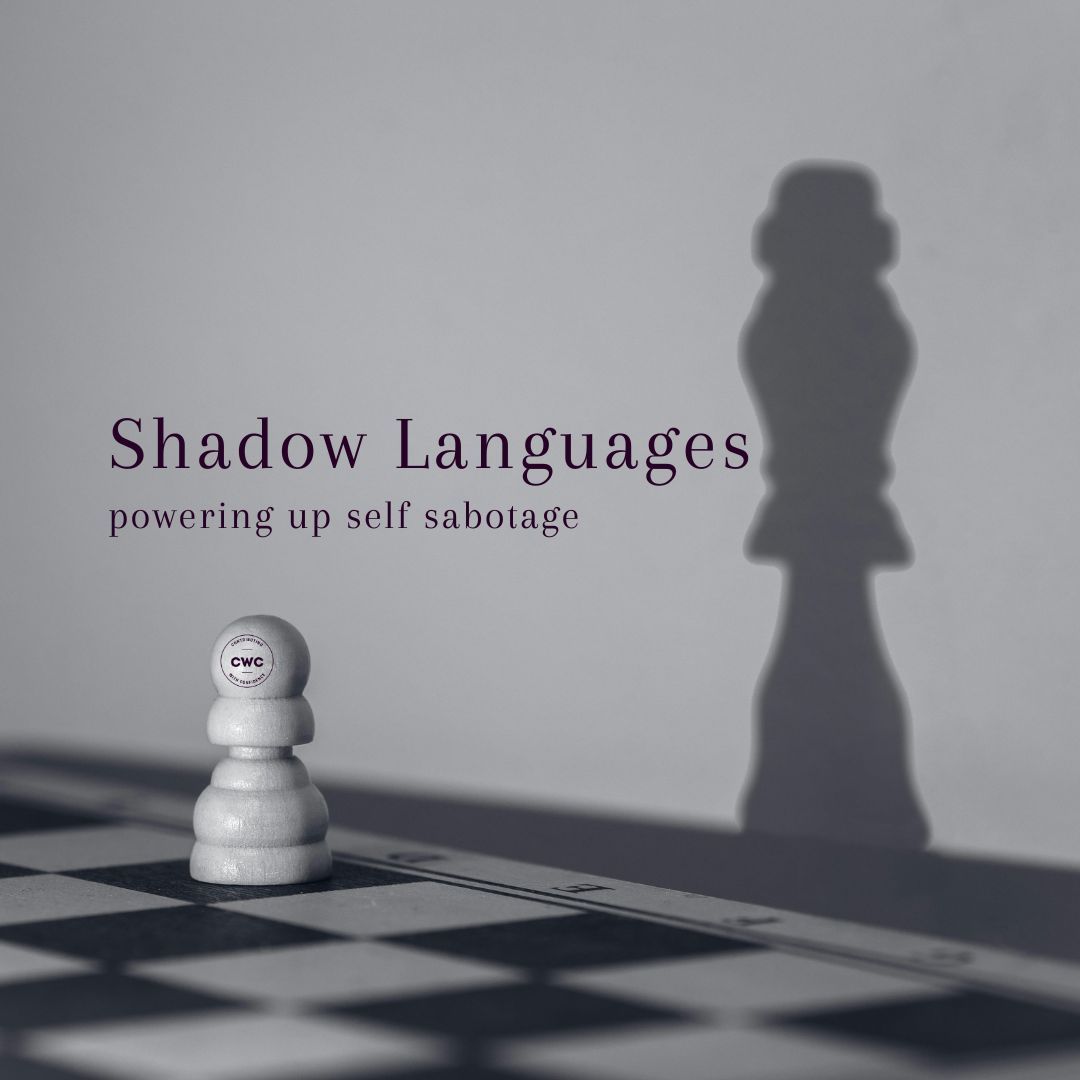Procrastination is a Symptom
Not a verb

Procrastination is not a real thing.
There, I said it.
How are you currently responding to that?
The most frequent reaction I get is one of heretic-style horror. No wonder, given that the concept of 'Procrastination' has its roots firmly in the protestant work ethic.
Firstly, to be fair, especially if procrastination is a lived reality for you, it is real. But only in the sense that people really do feel like it is THEM not doing something.
But that bit is also a big fat lie.
Oh, the shame of it
I believe the concept of ‘Procrastination’ is yet another thing, alongside being not young enough, too fat, too thin, too much, too little, too young etc used to make the ordinary person feel guilt and shame…
In preparing to write this article, I did the right thing – I went in search of academic research for wider context for procrastination. It’s a toxic read. So many labels for the dysfunction, general ‘poor behaviour’ and personal faults associated with it. I won’t bore you with the details – it’s probably nothing you haven’t heard before, it’s just been dressed up in American style psych speke. It’s all just a prompt away on the web, but as this isn’t a Uni essay, I can’t be bothered to waste time building in that side of the argument to this article. Take it as read, it exists.
Suffice to say, it is the lazy labelling rather than the ‘why’ of the behaviour that gets me irate about ‘procrastination’ as an undermining slight.
The reality is that procrastination is a symptom. Take a person, anyone you know… anyone at all… first person you think of… someone you know well...
Would that person genuinely not do something just for the sake of it? Sit there at work not doing something, just because? I am going to take a wild guess here, that they would not. Unless they have a reason to not do a thing.
Now, under what circumstances does this person you know well, ever not do things?
When they can’t, right?
So why, when at work, do they not do something that needs doing?
Because they can’t.
Why can’t they?
Probably because they are missing something; information, a resource, peace, encouragement, adequate rest, adequate nutrition, adequate hydration, the right skills, the right equipment, the right timing. It could be anything.
Looking a bit wider, this missing thing, why would it be missing? Is it being withheld or made scarce?
Who is withholding it?
I am going to take an even wilder guess now… the very same person or organisation which is also shaming them with the big P adjective.
Look at the efforts made by some businesses to get their workers back into the office, on the basis that they don’t trust them to be productive at home. These are probably the same companies installing keystroke tracking software. I bet the procrastination levels in such companies are high. Why would that be? What’s the missing element? I bet it isn’t the extra 3 hours of travel to and from the office each day on crowded roads or trains, or the ability to buy lunch in a local hostelry. It isn’t the water cooler chat. It isn’t the interminable in-person meetings. How about trust and agency? Perhaps layered up with a lack of recognition, possibly even some stealing of the limelight. I could go on, but I am guessing that if you read my stuff on a regular basis, you have probably left working in offices behind you, possibly after that terrible bought of ill health because you got burnt out… If you need a reminder, just go and watch a few episodes of ‘The Office’, if you dare! (I daren’t – I still find it too triggering 30 years and two kids later…)
The roots of our productivity and profit obsessed culture can be found in the ‘Protestant work ethic’ – the urgency of working hard in service to others, and putting our needs way down the list of priorities. The German socialist Max Weber coined the phrase in his 1904/5 essays that later became the book, ‘The Protestant Ethic and the Spirit of Capitalism’. He traced the roots through Protestantism and back to The (Magisterial) Reformation back in the 1500s.
Puritanism places work as a spiritual calling, idleness as a sin and greatly values asceticism. These were the people who banned revelry and when their ideals were too extreme, they climbed aboard a ship and sailed off over the seas to distant lands and founded a brave new nation. Benjamin Franklin, a son of that nation, is often held up as a great example in modern day productivity philosophy. (I still have my Franklin planner from my ‘proper job’ upstairs in a cupboard somewhere). Benny boy was always keen to emphasise frugality, hard work and self-discipline and their importance for civic success. Immanuel Kant (another German) set out his ideas of acting as a moral duty, and more importantly, failing to act, for instance delaying, indulging, or avoiding, is a moral failing. All idealise a strong moral backbone and stiff upper lip that overrides personal discomfort or desire in the pursuit of service to others and the greater good, especially in the generation of wealth.
‘Procrastination’ as a word (literally meaning ‘pushing forward to tomorrow’) emerged in the 1500s. Yes, this is the cold, hard, much less fun version of the Spanish ‘mañana’, or the Cornish ‘dreckly’. So, now do you see how and why this word is often being thrown around like colourless confetti in productivity circles and workplaces?
I don’t like it, not one bit.
The symptom perspective
If we instead view procrastination as a symptom, what is really going on? Let’s use my ‘The Vitality Triangle’ concept as a lens to have a squint at it.
Instead of treating procrastination as a behaviour to “fix”, ‘procrastination as symptom’ is viewed as a canary in the mine, an intelligent signal that one or more of the following are missing from the task ahead of us:
Purpose: does it provide a clear enough ‘why’?
Without meaning, there can be no motivation, so if the task feels disconnected from what matters, resistance is a wise response.
Capacity: is everything required for the activity in place?
This includes energy, clarity, safety, somebody else completing their bit of the work, time or anything necessary to generate a ‘Whoop! Let’s go!’ response.
Connection: the human aspect
We are a tribal, community species and we need co-regulation, context, witness, or shared intention. We are also individuals, so we need connection to self. We might get that from our faith (whatever flavour our philosophical running rails are), gawping at nature, or even just a fist pump of celebration when we have done a thing, even a little thing, like sitting down at our desk.
Obviously, we can man up and push on through in less than perfect circumstances (we’ve all had more than enough training and social conditioning to be truly adept in the manning up and pushing through department…), but our systems know when something isn’t right and will do what they can to keep us safe.
This creates an additional level of friction. Not only are we attempting activities that we don’t have all the resources for, but now we are overriding our internal safety systems. As we persist, we may go on to deprive our bodies of more resources like movement, hydration and food in order to get that thing done.
And to top it all, somebody (possibly accompanied by an inner critic) will lurch into view, brandishing a greyscale confetti bomb and accusing us of procrastination. These are the perfect conditions for brewing up a bout of ill health and burnout…
This is no way to go on. The three aspects above are required for sustainable working, for vitality and vibrancy, for us to sparkle in our brilliance even if we are only doing work we can tolerate, like the accounts, because it is part of the bigger whole.
‘Procrastination’, or rather not doing the thing, is a symptom that there is missing resource. It is not a verb. Nobody chooses it.
So the next time you find the P word swimming to the front of your mind, pushed as a label by your inner critic, look again, look harder and look wider to see what is missing.
There is always a why, and it isn’t about the person (you?) wilfully not doing the thing
Now do you see why I believe that procrastination is not a verb, it is a symptom?
Does that change the way you approach your desk, the housework or your next piece of life admin?










